[Note: This post has been superseded by an updated and more integrated article.]
Is there a purely psychic form of existence?
According to Hillman, there is at least a metaphorical image of such a form of existence: the underworld (Hades). We can read mythical narratives to refer to a form of being rather than a literal place: thus Hades is not a location somewhere (“under” the world), and it is not literal death of a person which brings their shadow (image) there — rather, when we learn to disregard the concerns of the external world and focus on spirit and soul (when we metaphorically “die” to the world), we gain the ability to view everything we experience from a different point of view (that of the metaphorical underworld).
When we look at things this way — how far can we go with it?
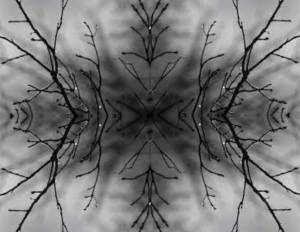
We might take this to be only a phase, something that happens at particular points in life. This is how Stein treats the idea of Hades: as one leg of the journey he lays out for the midlife transition: “At the crux of midlife liminality is the experience that is imagined, dreamt, and felt as existing in a land of the dead” (In Midlife, 108).
Yet it is possible to go much further, to think it through more deeply. Jung himself has done so, and that’s what he refers to at the beginning of his autobiography, when he reflects on the type of life experience he has included there:
I speak chiefly of inner experiences, amongst which I include my dreams and visions. […] All other memories of travels, people and my surroundings have paled beside these interior happenings. […] Recollection of the outward events of my life has largely faded or disappeared. But my encounters with the “other” reality, my bouts with the unconscious, are indelibly engraved upon my memory. In that realm there has always been wealth in abundance, and everything else has lost importance by comparison. […] when no answer comes from within to the problems and complexities of life, they ultimately mean very little. Outward circumstances are no substitute for inner experience. Therefore my life has been singularly poor in outward happenings. I cannot tell much about them, for it would strike me as hollow and insubstantial. I can understand myself only in the light of inner happenings.
Memories, Dreams, Reflections, 14-16.
Perhaps it is not very surprising that Jung (given his life’s work as a psychologist) would put some emphasis on the “inner” world. But his statement goes much further than that: he expresses not just a strong interest in one aspect of human life rather than others — what Jung outlines here is a way of living, a form of existence. And the dead giveaway (no pun intended) is that revealing remark that “in that realm there has always been wealth in abundance”. For that, of course one, is of the prime characteristics always assigned to Hades — so much so that no soul ever wants to return from his realm because of it (viz. Crat 403a-404b).
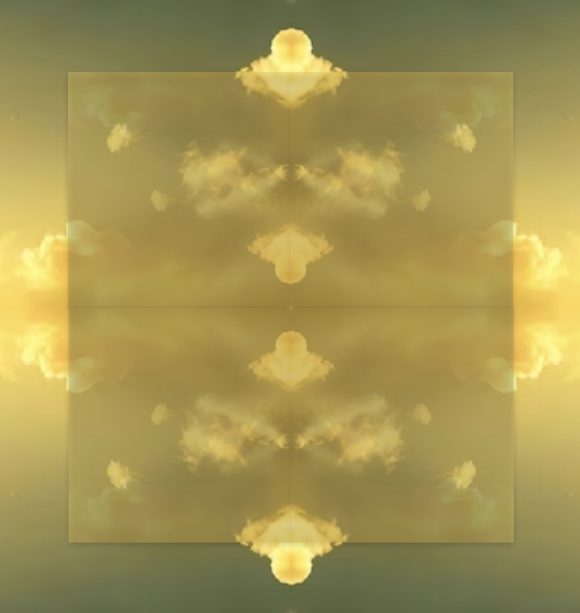
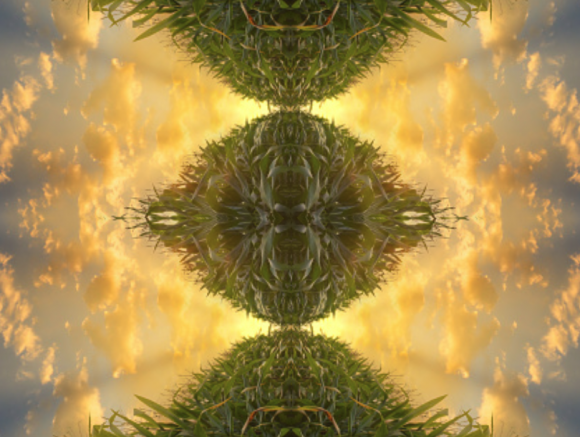
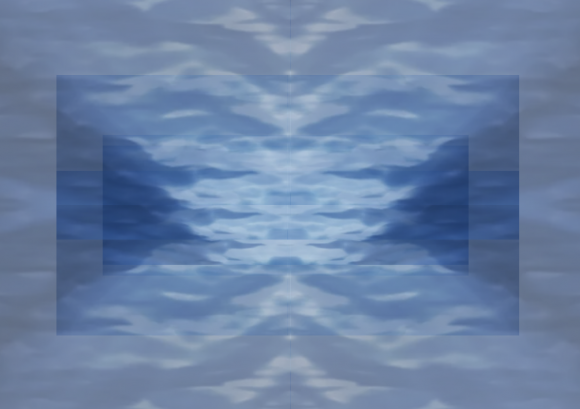
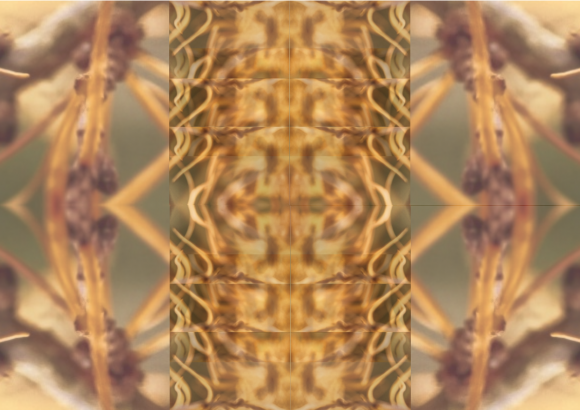
[…] times when one moves into the depths of the inner world, one disengages proportionally from the external world. Or, expressed in the stark mythical imagery […]
[…] we discuss the journey to the underworld, we’re on a metaphorical level of speaking. “Metaphorical”, of course, can mean different […]